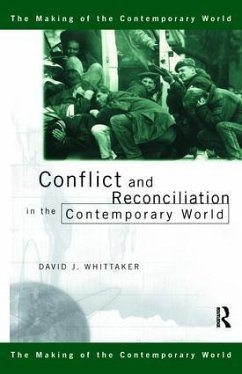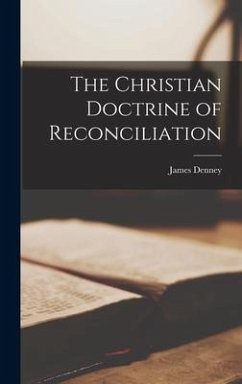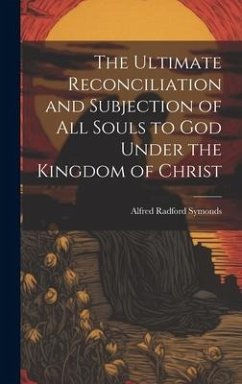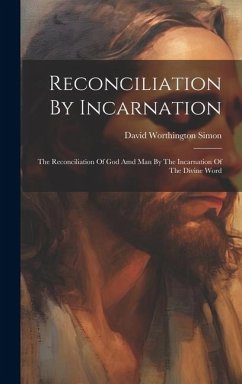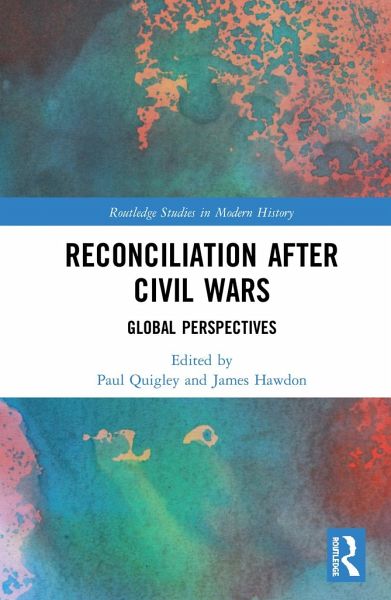
Reconciliation after Civil Wars
Global Perspectives
Herausgeber: Quigley, Paul; Hawdon, James

PAYBACK Punkte
86 °P sammeln!
How do former enemies reconcile after civil wars? Do they ever really reconcile in any complete sense? How is political reunification related to longer-term cultural reintegration? Bringing together experts on civil wars around the modern world - the United States, Spain, Rwanda, Colombia, Russia, and more - this volume provides comparative and transnational analysis of the challenges that arise in the aftermath of civil war.




